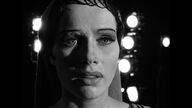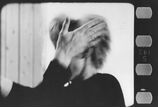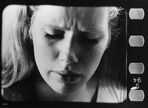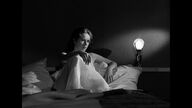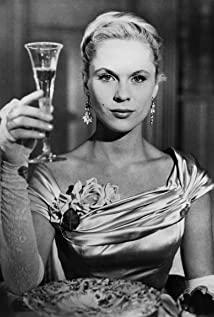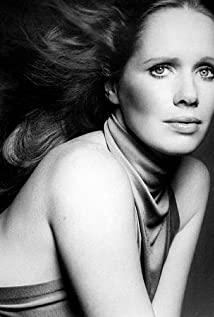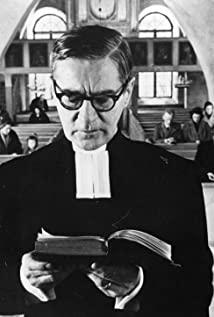There are so many angles to the answer to this movie. But I think the key to answering the movie is the moment Elizabeth puts Alma's hand on her husband. At that moment, we knew that Elizabeth was nothing but a phantom, the Actress side of Alma's personality. She guides Alma when she doesn't know how to respond, and she fulfills the demands of others by acting. Elizabeth may even be just Alma's own personality, which is actually a part of herself, embodied in her image after encountering an ordinary patient with aphasia. The child in the Prelogue, who randomly switches different faces under his hands, may be the author's expression of "actor" and "Persona", and it is also the most consistent with Jung's interpretation of the concept of "Persona".
There is an old saying, "The bitch is ruthless, and the actor is unjust." It all starts on the stage and ends on the stage. The words are very crude, but I think there is a hidden meaning conveyed - the acting itself is technical, has nothing to do with value judgments, and does not provide any moral code. Because acting is a mechanical imitation of external values, it is unconscious, simple, and primitive. The human being is rich, complex, and indescribable. On the one hand, people are accustomed to fulfilling various requirements of others by acting, "woman", "artist". On the one hand, people will face the conflict of values between inside and outside. And when Alma conceived in order to prove that she had "motherhood", this act finally met her inner doubts when the child was about to be born - do I really want this child? But this "play" has been unstoppable.
Alma constantly tries to inspire Elizabeth, but she still lets the latter manipulate her body in the face of others to be the perfect wife. At the same time, Elizabeth also needs the existence of Alma to prove that she is still a human being with flesh and blood. She needs Alma to express these conflicts, questions and desires truthfully for her - and Alma has fulfilled Elizabeth's request to "tell the truth" from start to finish. But when Elizabeth faced society, she would still describe Alma and her inner self according to the standards of society. In the end, Alma cuts Elizabeth's "problems" with herself, forcing Elizabeth to drink her own blood and deny being Elizabeth—an image of a true self regaining control.
In the ending, Alma - the id - regains dominance. The final image shown in the film is the ruptured film—the interruption of the shooting, and the end of the performance at the same time. The director used split portraits to represent Alma's division of self. After forcing Elizabeth to admit that she was "Nothing", she decided not to continue acting, but kept Elizabeth in the cabin of her inner world and faced the outside world with her true self.
View more about Persona reviews



